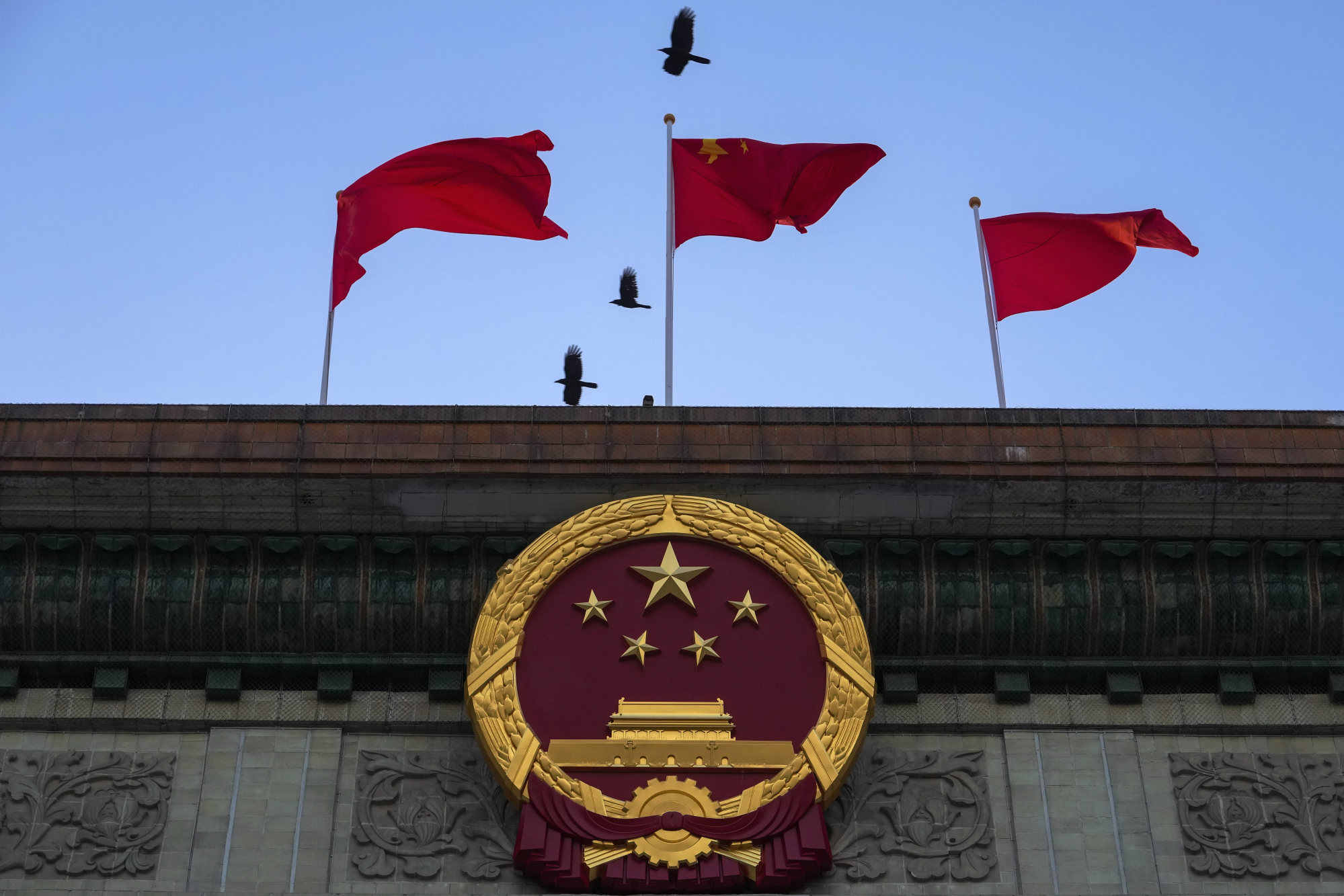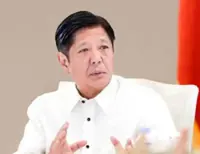
President Xi Jinping has called for stronger legal backing in areas related to foreign affairs so that China can better manage its opening up and mitigate risks.
Xi described this as an “urgent task for advancing high-level openness to the outside world and addressing external risks and challenges”, state news agency Xinhua reported on Tuesday.
The Chinese leader made the remarks at a Politburo study session in Beijing on Monday.
Do you have questions about the biggest topics and trends from around the world? Get the answers with SCMP Knowledge, our new platform of curated content with explainers, FAQs, analyses and infographics brought to you by our award-winning team.

He told the gathering of the top decision-making body that creating favourable legal conditions and external environments was essential for the nation’s “rejuvenation” and also concerned the “overall picture of [China] opening up to the outside world and diplomacy”, according to the report.
It comes as Beijing has been trying to expand its legal toolkit on foreign relations – including to respond to sanctions – as rivalry with Washington and its allies intensifies in areas ranging from trade and technology to human rights and geopolitics.
China’s foreign relations law signals new red lines – not what crosses them
International law expert Huang Huikang delivered a report on the subject at the study session, Xinhua reported, without giving further details.
Huang – who is also a diplomat and a former ambassador to Malaysia – is currently serving a third five-year term as a member of the United Nations International Law Commission.
In his remarks, Xi said China needed to build a “coordinated and efficient” legal system for foreign affairs, that reform was needed in relevant areas of the trial system, and that the credibility of the legal process needed to be improved, according to Xinhua.
He said legal services also needed to be developed, including by cultivating “internationally renowned” arbitration institutions and law firms, and legal professionals that were “politically steadfast and highly skilled” in foreign affairs.
Xi also told Politburo members that China should be proactive by taking part in international rule-setting as part of efforts to position the country as a major power in global governance.
He said a more robust legal framework was needed to safeguard the interests of overseas Chinese, including through more international cooperation and stronger consular protection, according to the report. Xi also called for measures to improve convenience for foreigners living in China.
Beijing has brought in more foreign policy legislation in recent years in response to a more challenging international environment.
For example, the Anti-Foreign Sanctions Law enacted in 2021 gives legal backing for retaliatory measures to be taken against punitive actions from the US-led West on Chinese officials and companies over issues such as alleged human rights abuses in the Xinjiang region.
A new Foreign Relations Law also took effect in July, with a focus on national security and countering the alleged “long-arm jurisdiction” of the US and other nations. It is another effort to back Beijing’s response to sanctions imposed by the West.
Meanwhile, the status of international law studies in China’s education system was upgraded earlier this year, with Beijing saying there was a “critical shortage of experts in this field”.
More from South China Morning Post:
- Chinese academics tout alternative path to modernisation at forum
- Japan faces ‘nightmare scenario’ as growing Russia-China ties could threaten US-led order
- US and China pitch rival supply-chain visions in latest clash over global trade and economic needs
For the latest news from the South China Morning Post download our mobile app. Copyright 2023.









































